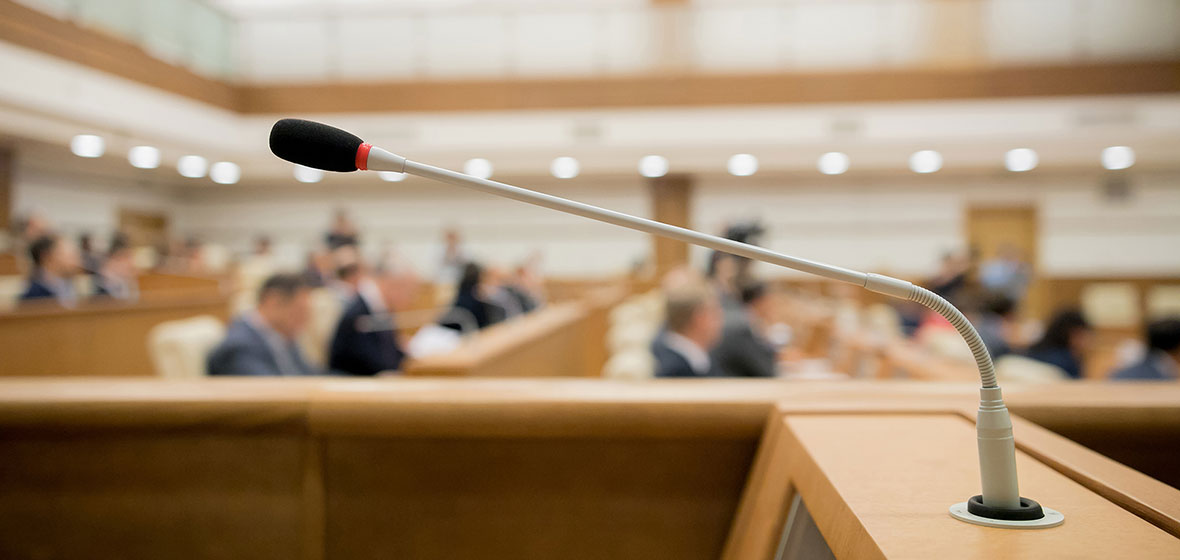Snapshot
- The revised Solicitors’ Conduct Rules 2015 continue to recognise the role of solicitors appearing as counsel assisting an ‘inquisitorial body’.
- Such counsel assisting must undertake the tasks required of them competently, impartially and ethically.
- In the course of the Royal Commission into trade union governance and corruption, Commissioner Heydon recently commented on a ‘procedural curiosity’ affecting the role of counsel assisting in acting as a contradictor where public hearings are conducted adversarially.
- Ensuring both the perception and reality of fairness in the conduct of ‘adversarial’ inquiries, may best be achieved by splitting the role of counsel.
The recently revised professional conduct rules that came into operation on 1 July 2015 under the Legal Profession Uniform Law continue, amongst other things, to recognise the role and responsibilities of lawyers assisting in the conduct of public inquiries. The Legal Profession Uniform Law Australian Solicitors’ Conduct Rules 2015 (Solicitors’ Rules) assimilate the role of a solicitor who appears as counsel assisting an ‘inquisitorial body’ with the role of a prosecutor. In contrast, the Legal Profession Uniform Conduct (Barristers) Rules 2015 adopt a more sui generis approach to the conduct of barristers appearing as counsel assisting an ‘investigative/ inquisitorial tribunal’ but essentially reflect the same ethical underpinning of the Solicitors’ Rules.
Under rule 29 of the Solicitors’ Rules, a solicitor who appears as counsel assisting an inquisitorial or other statutory body with investigative powers must act as if the body is a court and any person whose conduct is in question before it, an accused. The solicitor’s duties include: seeking to assist the court to arrive at the truth; seeking impartially to have the whole of the relevant evidence placed intelligibly before the court and with adequate submissions of law; not arguing untenable propositions of law or fact; and not, by language or other conduct, seeking to inflame or bias the court against the accused.
It is apparent from the professional rules that a lawyer engaged in assisting a public inquiry is expected to assume obligations to those directly responsible for undertaking the inquiry, to practitioners granted leave to appear in the proceedings of the inquiry, to witnesses and prospective witnesses and to the public generally in so far as the interests of the administration of justice are to be served.




